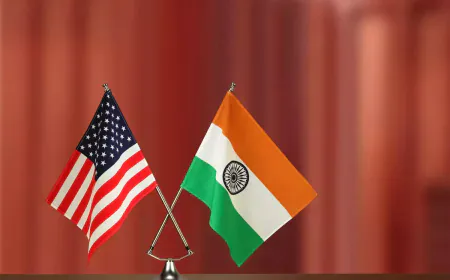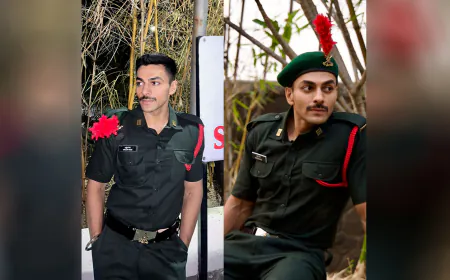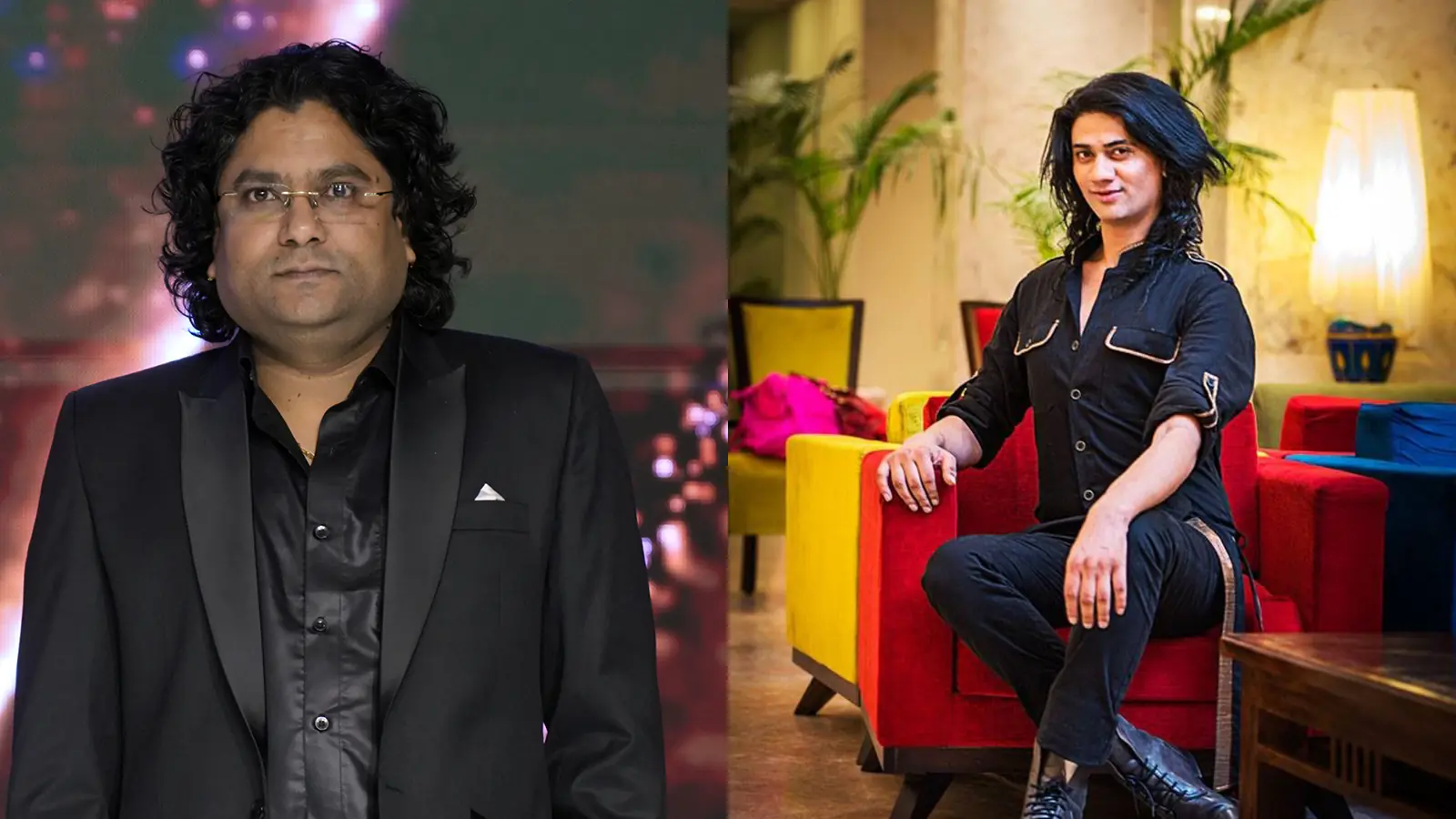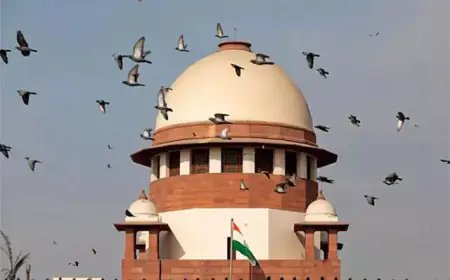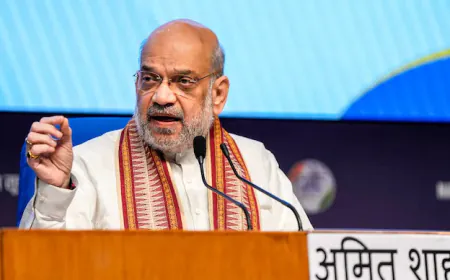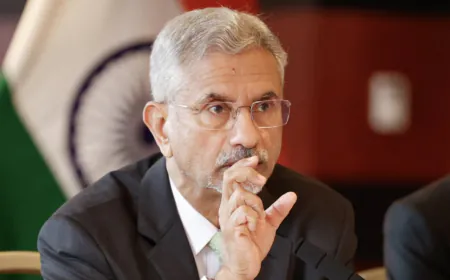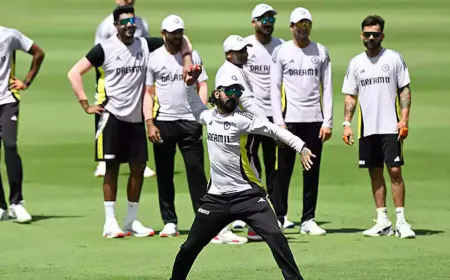Supreme Court: Fugitive can be given anticipatory bail only in exceptional and rare cases - Supreme Court
The Supreme Court has said in one of its decisions that a criminal declared a fugitive can be granted anticipatory bail only in exceptional and rare cases. The Supreme Court in a recent judgment said that in exceptional and rare cases, the Supreme Court or the High Court can consider granting anticipatory bail to a proclaimed offender as they are constitutional courts.

The Supreme Court has said in one of its decisions that a criminal declared a fugitive can be granted anticipatory bail only in exceptional and rare cases. The Supreme Court, while canceling the decision of the Punjab and Haryana High Court to grant anticipatory bail to the accused, said that there was no such extraordinary or rare situation in this case.
Quoting the earlier decisions of the Supreme Court in the cases of Lavesh vs State of Delhi and Madhya Pradesh vs Pradeep Sharma, it has been said that these clearly oppose the granting of anticipatory bail to a fugitive criminal. In those decisions, the apex court had said that a fugitive criminal is not entitled to anticipatory bail.
But the Supreme Court said in the latest decision that in exceptional and rare cases, the Supreme Court or the High Court can consider granting anticipatory bail to a criminal declared a fugitive because these are constitutional courts. This decision was given by the bench of Justice Ahsanuddin Amanullah and SVN Bhatti on August 29 while accepting the petition of the Haryana government.
In this case, the Haryana government had filed an appellate petition in the Supreme Court demanding the cancellation of the anticipatory bail granted by the High Court to the accused Dharampal.
A case was registered against Dharampal under sections 147, 148, 149, 323, 325, 341, 342, and 427 of the Indian Penal Code on July 31, 2020, at Badshahpur police station in Gurugram. Later sections 186 and 364 of IPC were also added to it. In this case, the court had declared the accused a fugitive.
The state government said that the High Court's order to grant anticipatory bail to an accused who has been declared a fugitive criminal by the court is wrong. There is sufficient evidence against the accused.
Also argued that on the basis of the order granting him anticipatory bail, the other co-accused in the case have taken advantage and got anticipatory bail, which is not in the larger public interest. However, on behalf of the accused, the High Court's decision was justified and the investigating agencies were accused of harassing him without any reason.
The Supreme Court, while canceling the High Court's order granting anticipatory bail, said that the High Court did not take into account the fact that the accused is a declared fugitive criminal. The accused was declared a fugitive criminal on February 5, 2021, while he had applied to the High Court for anticipatory bail in October 2021. It is not right for the High Court to ignore this fact. Even on the date of granting anticipatory bail by the High Court, the accused was declared a fugitive criminal.
The Supreme Court said that the accused cannot seek anticipatory bail without successfully getting the order declaring him a fugitive quashed. The anticipatory bail application of the accused should not have been considered. In the earlier decisions of Lavesh Kumar and Pradeep Sharma, there has been opposition to granting anticipatory bail to such a person.
The Supreme Court has canceled the anticipatory bail order and ordered the accused to surrender within four weeks. The court has said that after surrendering, he can apply for regular bail and the court will consider that application on merit without being influenced by this decision.

